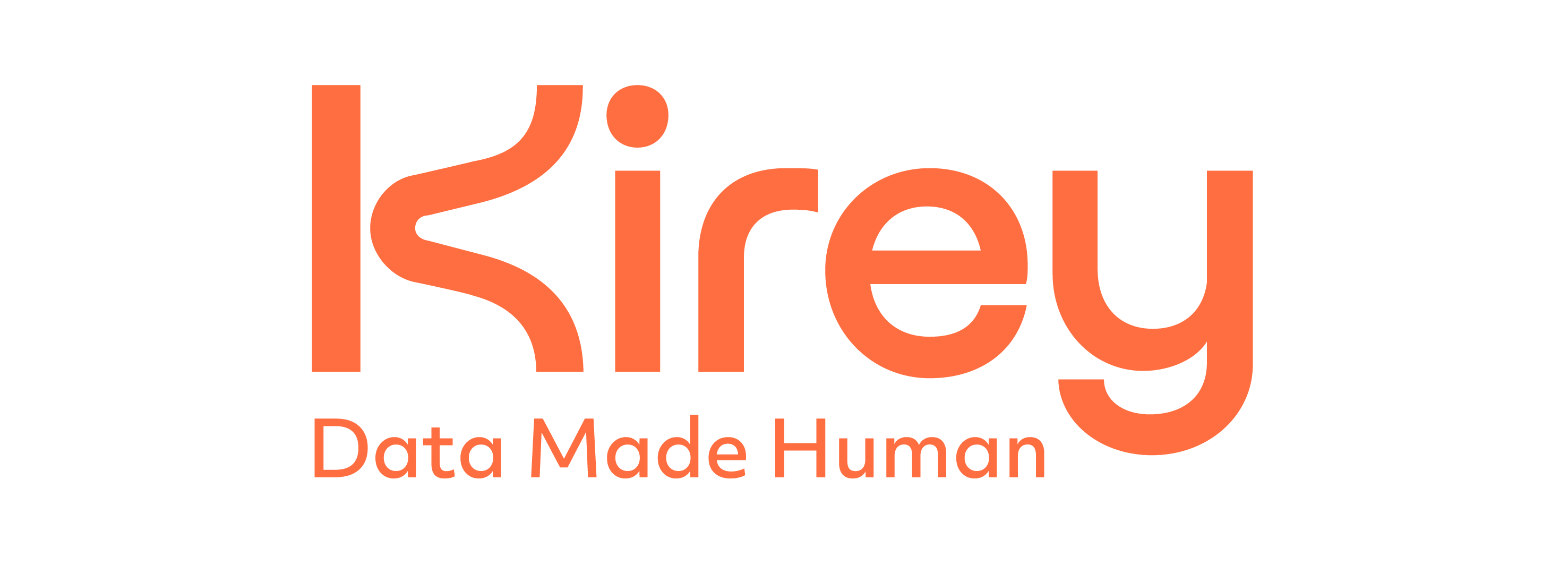Following the Facebook scandal, there are many questions that we should be asking, such as: are we really able to keep our personal data private?
The answer is simple and straight-forward: no. With the advent of Internet our personal data, our habits, our private lives have been put at the mercy of the masses and the sharing of our navigation data has been made available to technology advertising companies; this a process that takes place every day and has been going on for years. To be precise, personal data is not released in the strict sense, but, our behaviors and preferences are tracked and used in ways that we do not know.
Unfortunately, nowadays we often tend to underestimate the importance of data, taking for granted its availability and correctness, not adequately governing its security in the broadest sense of the term.
The challenge that the new GDPR regulations imposes on companies is precisely that of understanding the importance of data and its integrity, guaranteeing its protection. A protection that must be intrinsic in the process itself of handling the data: the data must no longer be subject to an indispensable minimum of security but the degree of security with which it must be treated, must be commensurate with the type of data itself.
A new, more secure procedure in place, which will perhaps allow us to prevent violations like that of Facebook from being more or less involuntarily committed.
